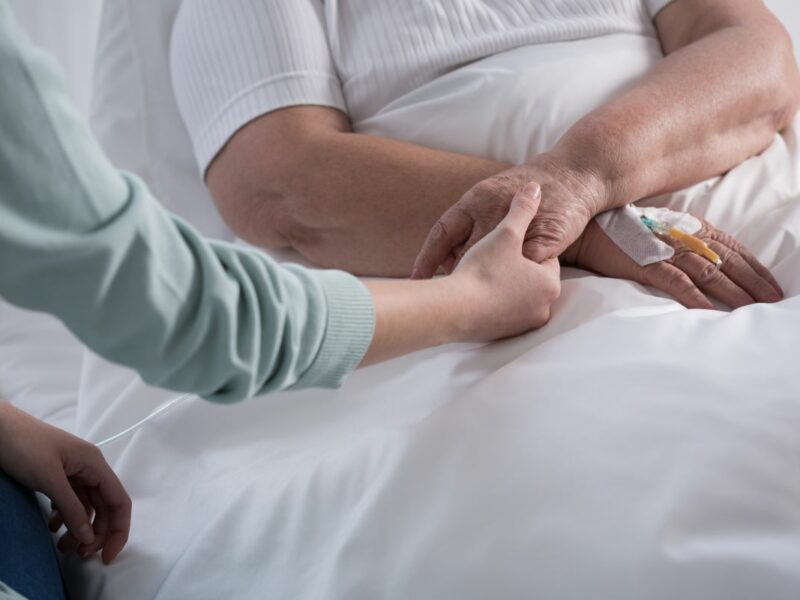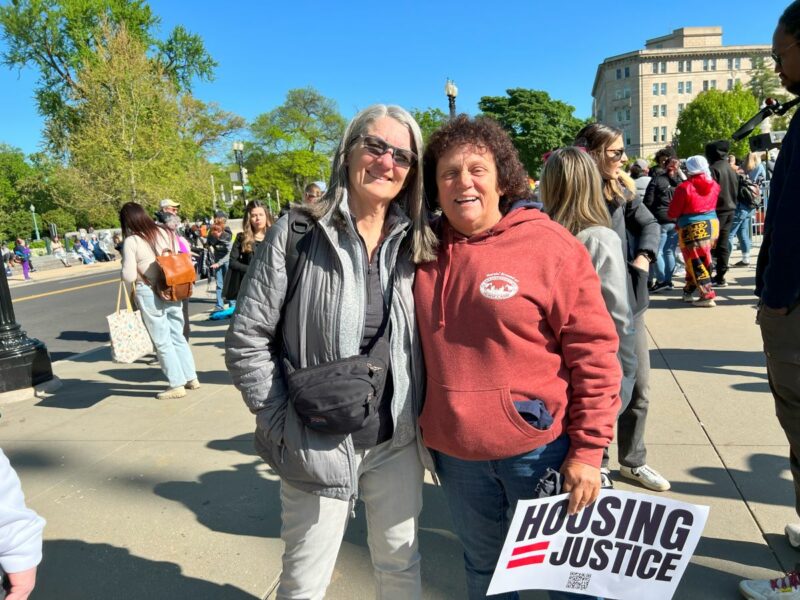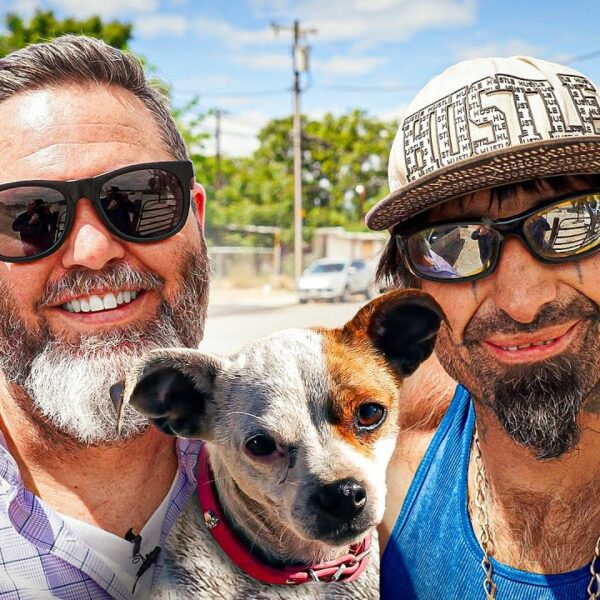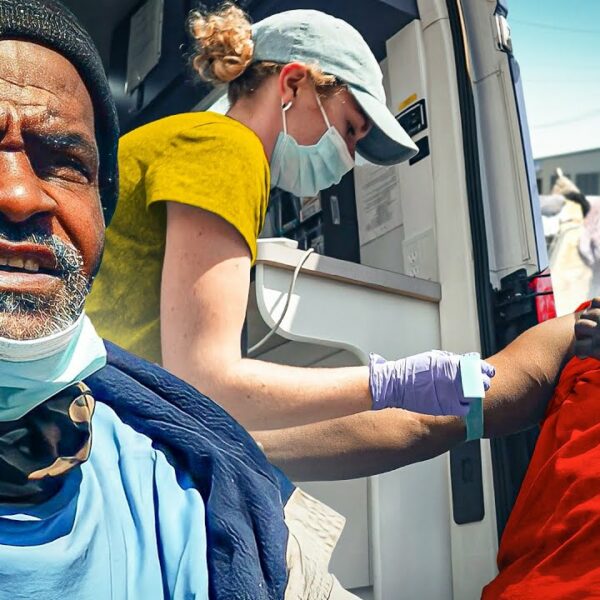Audrey is an older woman living in a tent in rural Redding, California. She is hypoglycemic and hasn’t had a glucose test in years. Now she is suffering from a medical condition that is common among elderly women – incontinence. Unlike other women, Audrey doesn’t have the resources to prevent accidents and wakes up soaked in urine every morning. She doesn’t have the money to clean up her tent, her clothes, or her blankets. It’s already difficult living out your senior years as homeless; people shouldn’t suffer like this, without access to medical attention.
Homelessness in California has been on the rise for the last several years, leading to an increased need for medical attention for those experiencing homelessness. Thankfully, organizations like Shasta Community Health Center are meeting that need with their HOPE Program and its Medical Director, Dr. Kyle Patton. Through this program, street medicine is being used to bring medical attention directly to people where they are—on the streets.
Homelessness can be a harrowing experience that leaves people vulnerable and without access to basic healthcare. Street Medicine is an innovative approach to providing medical care in unconventional places, like the woods and under bridges, where homeless individuals have no other options.
In this four-part series, Brett Feldman, Director of Keck Street Medicine at the University of Southern California, introduces us to four Street Medicine programs that deliver healthcare in the woods, under the bridges, behind dumpsters, and wherever else people who are experiencing homelessness are living. Today, join us as we join Dr. Kyle Patton in Redding, California – the most rural area of the four communities we visited.
Episode Two: Street Medicine Oakland: Team-based Homeless Health Care
Episode Three: Street Medicine Bakersfield: Reaching Homeless People through their Pets
Episode Four: Street Medicine LA: Health Care in an Urban Homeless Crisis
This video series is brought to you by the Invisible People and the California Health Care Foundation to augment street medicine research in California. Please visit https://chcf.org/streetmedicine for more information and to sign up for CHCF’s newsletter to be notified when the research is released.
About the California Health Care Foundation
The California Health Care Foundation is dedicated to advancing meaningful, measurable improvements in the way the health care delivery system provides care to the people of California, particularly those with low incomes and those whose needs are not well served by the status quo. We work to ensure that people have access to the care they need, when they need it, at a price they can afford.












